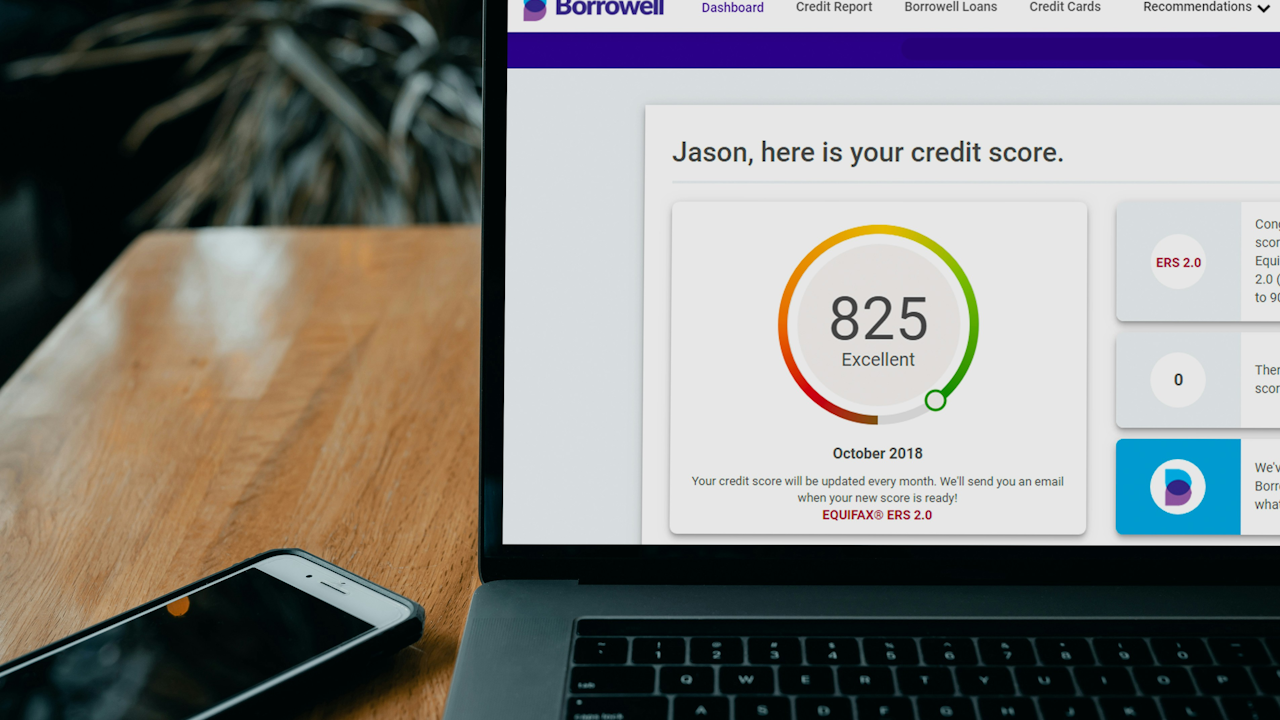Improving your credit score quickly requires a focused and strategic approach. While some credit repair tactics take time, others can yield relatively fast results. Here’s a comprehensive guide on how to boost your credit score fast:
1. Review Your Credit Reports for Errors:
- The Foundation: Start by obtaining your credit reports from all three major credit bureaus: Experian, Equifax, and TransUnion. You can get free weekly reports at AnnualCreditReport.com.
- Identify and Dispute: Carefully scrutinize each report for inaccuracies such as incorrect personal information, accounts you don’t recognize, or payment errors.
- Formal Dispute: File disputes directly with the credit bureaus online, by mail, or by phone. Provide supporting documentation to substantiate your claims.
- Fast Impact: Removing errors can immediately improve your score, especially if the errors are significant.
2. Reduce Credit Card Balances:
- Credit Utilization Ratio: This is the percentage of your available credit that you’re using. It’s a major factor in your credit score. Aim for a utilization ratio below 30%, ideally below 10%.
- Make Multiple Payments: Instead of waiting for your monthly statement, make smaller payments throughout the month. This keeps your balance low and reduces your utilization ratio.
- Prioritize High-Utilization Cards: Focus on paying down the cards with the highest balances first.
- Quick Results: Reducing your credit utilization can lead to a noticeable score increase within a month or two.
3. Become an Authorized User:
- Leverage Positive History: Ask a responsible family member or friend with a long, positive credit history and low utilization to add you as an authorized user on their credit card.
- Inherited Benefit: The card’s positive history will be added to your credit report, boosting your score.
- Considerations: Ensure the primary cardholder has a strong credit history and makes on-time payments. Also, understand that if the primary account holder misses payments, or has high utilization, it will also negatively affect your credit.
- Relatively Fast: The impact can be seen within a month or two, as soon as the credit bureau updates.
4. Address Delinquent Accounts:
- Negotiate Payment Plans: Contact creditors with delinquent accounts and negotiate payment plans or settlements.
- “Pay for Delete”: While not guaranteed, you can try negotiating a “pay for delete” agreement, where the creditor agrees to remove the negative entry from your credit report after you pay the debt. Get any such agreement in writing.
- Catch Up on Missed Payments: Even if you can’t negotiate a deletion, bringing delinquent accounts current will improve your score over time.
- Gradual Improvement: While delinquent accounts can take time to fully recover from, addressing them promptly is crucial.
5. Avoid Opening New Credit Accounts:
- Hard Inquiries: Each application for new credit results in a hard inquiry, which can temporarily lower your score.
- New Account Age: Opening multiple new accounts in a short period can also lower your average account age, negatively impacting your score.
- Focus on Existing Accounts: Concentrate on improving your existing credit profile rather than adding new accounts.
6. Maintain Consistent On-Time Payments:
- Payment History Dominance: Payment history is the most significant factor in your credit score.
- Set Up Automatic Payments: To avoid missed payments, set up automatic payments for your credit cards and other bills.
- Stay Organized: Keep track of your due dates and ensure you have sufficient funds in your accounts.
- Long Term benefit, but immediate avoidance of negative impacts: Maintaining on time payments is the best long term credit score building strategy, and avoiding late payments prevents immediate credit score damage.
7. Consider a Secured Credit Card or Credit-Builder Loan:
- Secured Credit Card: This type of card requires a security deposit, which acts as your credit limit. It’s a good option for those with limited or poor credit.
- Credit-Builder Loan: Offered by some credit unions and community banks, these loans are designed to help you build credit. The loan amount is held in a savings account, and you make monthly payments.
- Reported to Bureaus: Both secured cards and credit-builder loans are reported to the credit bureaus, helping you establish a positive payment history.
- Gradual Improvement: These tools are effective for building credit over time.
8. Limit Hard Inquiries:
- Shop Smart: When shopping for loans, try to limit the number of hard inquiries you generate within a short period.
- Pre-Qualification: Opt for pre-qualification processes, which typically involve soft inquiries that don’t affect your credit score.
- Cluster Loan Shopping: If you need to shop around for a loan, do so within a short timeframe (e.g., 14-45 days), as some credit scoring models treat multiple inquiries within that period as a single inquiry.
Important Considerations:
- No Quick Fixes: While these strategies can help you improve your score relatively quickly, there are no guaranteed overnight fixes.
- Patience and Consistency: Building a strong credit score requires patience and consistent responsible credit management.
- Beware of Credit Repair Scams: Be wary of companies that promise to “erase” negative credit information or guarantee a specific score increase. These are often scams.
By implementing these strategies, you can take control of your credit and work towards a healthier financial future.

